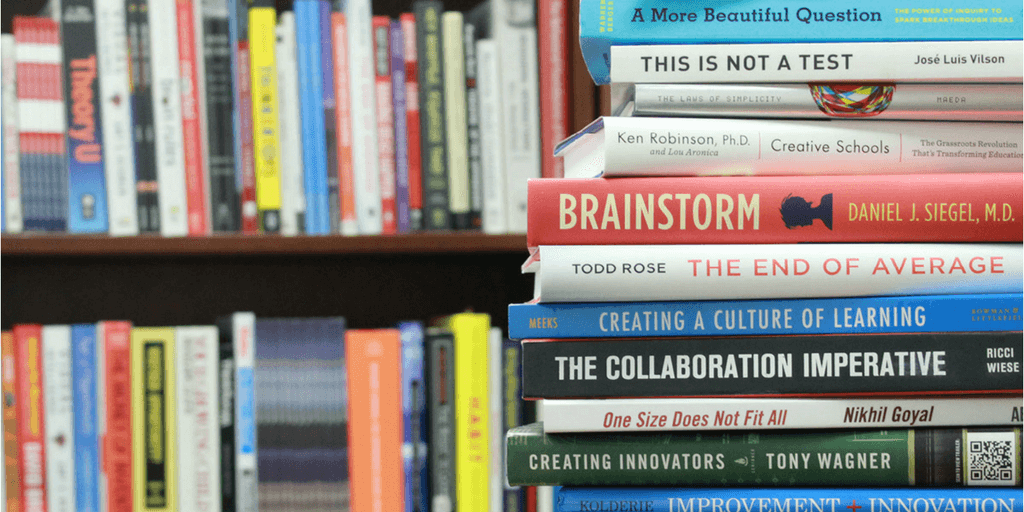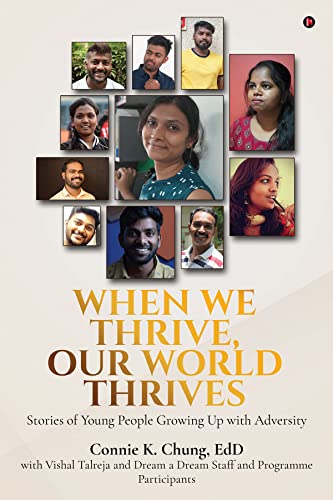
When We Thrive, Our World Thrives: Stories of Young People Growing Up With Adversity
Dr. Connie K. Chung
Dream a Dream is a youth empowerment organization based in India working to help young people from vulnerable backgrounds overcome adversity and thrive in a fast-changing world. In their first book since the organization’s founding in 1999, graduates of Dream a Dream’s program share their stories of resilience and self-discovery. The book weaves in research about youth development and best practices, as well as lessons learned from the organization’s own growth and development. If you’re looking to get re-grounded in why your learner-centered work matters, this book is for you.
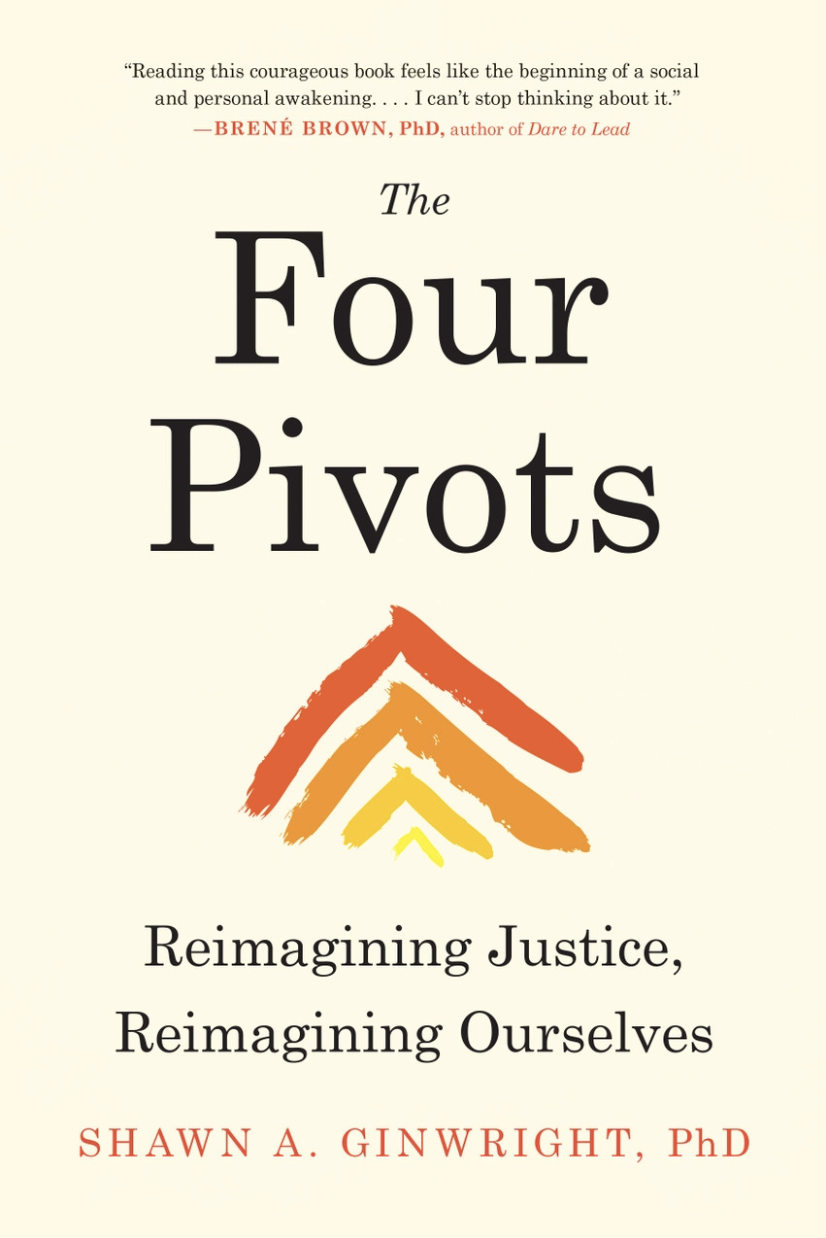
The Four Pivots: Reimagining Justice, Reimagining Ourselves
Dr. Shawn A. Ginwright
Coalition-building — a cornerstone of many movements — focuses on the role of the collective, but what about the individuals that make up that collective? If their work is in changing the world, what does that mean for their own individual growth? Dr. Shawn Ginwright explores this question with a focus on healing through awareness, connection, vision, and presence. “Supplemented with reflections, prompts, cutting-edge research, and the author’s own insights and lived experience as an African American social scientist, professor, and movement builder, The Four Pivots helps us uncover our obstruction points. It shows us how to discover new lenses and boldly assert our need for connection, transformation, trust, wholeness, and healing.” We recommend this book for any change-maker looking to approach justice work in a new light.
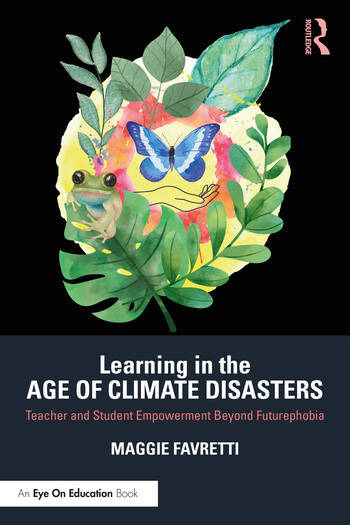
Learning in the Age of Climate Disasters: Teacher and Student Empowerment Beyond Futurephobia
Maggie Favretti
Many of the conversations around climate change can be worrisome and fear-inducing — feelings our young people take note of. In Learning in the Age of Climate Disasters, Maggie Favretti outlines the contexts and causes of “futurephobia” and offers regenerative learning strategies to contend with it, all rooted in nature’s principles for repair and redesign. Out December 13, this book is suggested for anyone looking to help their young ones learn amid our looming climate crisis and build a sense of empowerment, rather than one of lingering eco-anxiety.
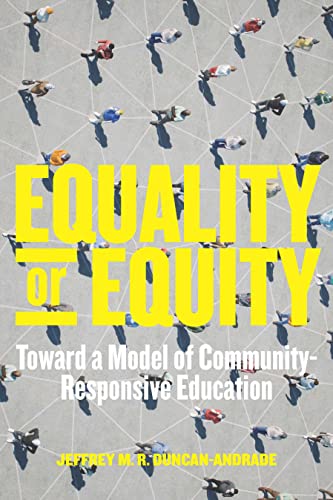
Equality or Equity: Toward a Model of Community-Responsive Education
Jeffrey M. R. Duncan-Andrade
As society at large grapples with what it means to advance equity and system transformation, the role the education system plays in advancing (or inhibiting) a more equitable society is front and center. Is it the role of the system to provide equal opportunity to every student or to ensure an equitable approach is taken to meet each child’s unique needs, gifts, and aspirations? In Equality or Equity, Jeffrey M. R. Duncan-Andrade steps into this debate and takes a powerful stance on the side of equity. “Duncan-Andrade centers his argument on the importance of creating meaningful education experiences for all students, particularly for low-income students of color and immigrant students, who have gained relatively fewer benefits from decades of equality-focused education reform.” Pick up this book if you want to understand more of how we got to this point in the education debate and to bolster your own learner-centered argument for equity.
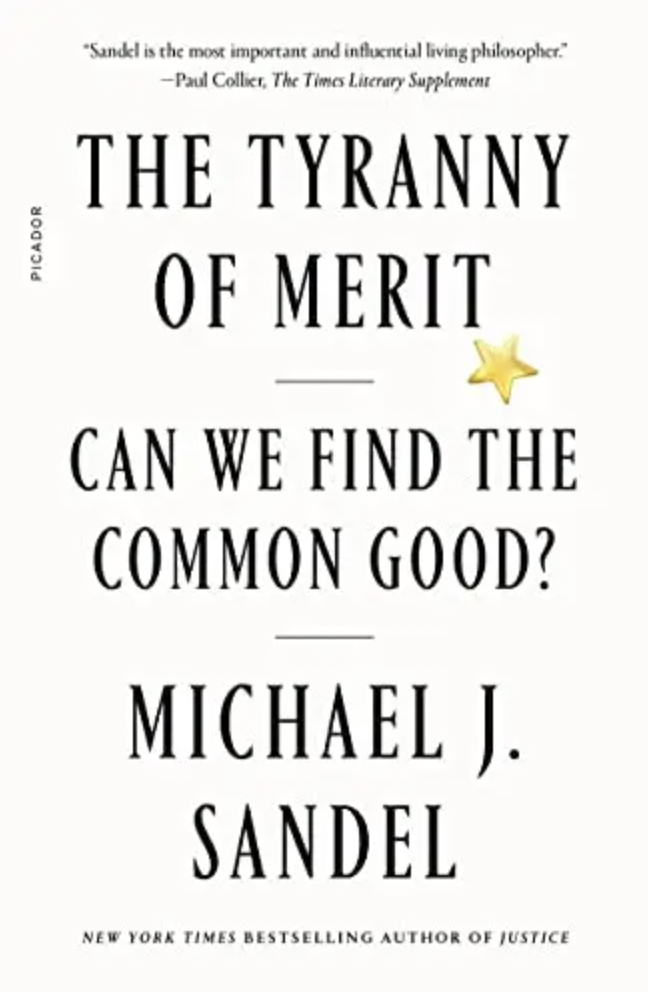
The Tyranny of Merit: What’s Become of the Common Good?
Michael J. Sandel
In his latest book, philosopher Michael J. Sandel argues that “to overcome the crises that are upending our world, we must rethink the attitudes toward success and failure that have accompanied globalization and rising inequality.” There is a gratification associated with winning, but as our society has become more connected, quantifiable, and gamified, we’re seeing how this “winner-take-all” mentality can hinder authentic learning and growth. The Tyranny of Merit is recommended for any inventor or educator looking to reshape how we approach learner assessment — maybe even questioning if it’s necessary at all.
